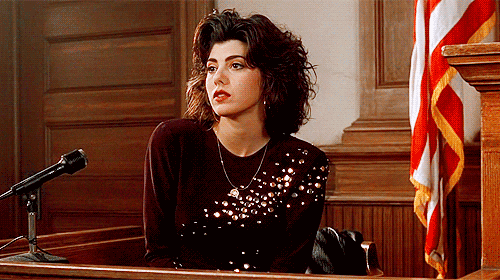There's a fair amount of this going on, but a lot of the blame goes to the lawyers, and he's pretty much ignoring his role in this. I'll try and explain how:
First, as he alludes to, lawyers don't just pick experts out of a phone book. When you select an expert, you typically already know how they're going to testify given a certain set of facts. This might be because you got a referral from another defense attorney, or you've seen them in court, or that's just how things are.
There's also a non-0 amount of shopping around - you don't just call an expert and have him appear in court. You'll talk to him before hiring him, and if you get a sense that he might not be ideal, you call the next guy on your list.
Third, experts are testifying based on the facts they are provided in the question as posed. Attorneys will typically ask very specific questions that are designed to get a certain response, and they might leave out information- especially contested information. I have a friend who was called to testify in a case as an expert witness, and he was asked to testify something on a limited set of facts. The attorney did not mention the existence of an additional, nominally contested fact on direct examination. This fact would have changed his answer. (The fact was brought up on cross, but the damage had already been done).
Finally, in a direct rebuttal of his claim that he's never seen an expert disagree with the party who has hired him - I've seen this happen more than once. Now, it's not common, because attorneys know how to manage their experts, and experts don't like to contradict the person paying them, but many do have some integrity. It almost never happens on direct examination, because they're responding to questions from one party, and a competent attorney will ask questions in a way that there is only one correct answer. However, on cross examination, expert witnesses can and will make statements harmful to their side.




